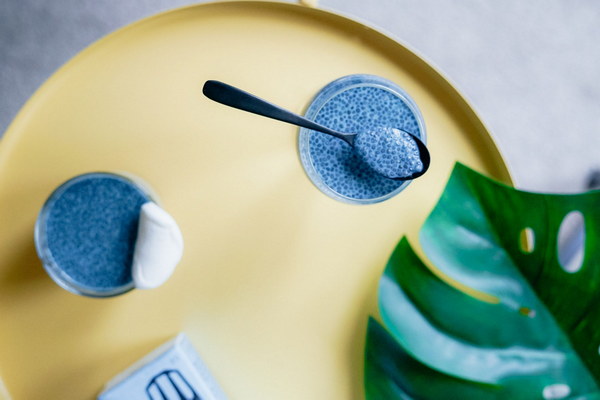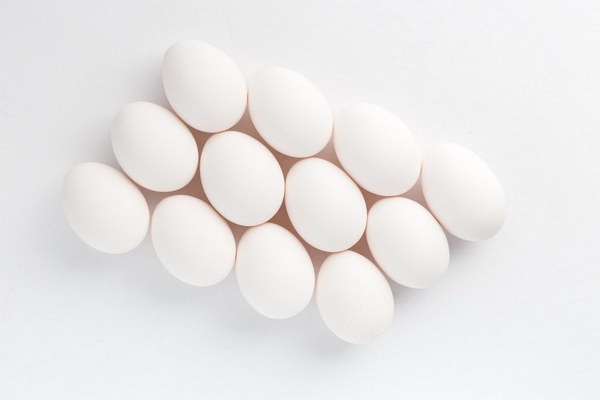Postpartum Recovery When and How to Replenish Your Body
Introduction:
The journey through pregnancy, childbirth, and postpartum recovery is a remarkable experience for any woman. During this period, the body undergoes significant changes, and it is essential to provide adequate care and nourishment to ensure a smooth recovery. One of the critical aspects of postpartum care is the timing and method of replenishing your body with essential nutrients. In this article, we will discuss the ideal time for postpartum replenishment and provide suggestions on how to nourish your body effectively during this delicate phase.
1. The Importance of Postpartum Replenishment:
After giving birth, the body requires time to heal and regain strength. This period is crucial for both physical and emotional recovery. Postpartum replenishment involves providing the necessary nutrients to support the body's healing process, boost energy levels, and aid in milk production for breastfeeding mothers.
2. The Ideal Time for Postpartum Replenishment:
The timing of postpartum replenishment can vary depending on the individual's recovery process and the type of delivery. Here are some general guidelines:
a. Natural Childbirth: If you have undergone a normal vaginal delivery, your body may begin to heal within a few days. In this case, it is advisable to start replenishing your body with nutritious foods and supplements within the first week postpartum.
b. Cesarean Section: Women who have undergone cesarean section surgery require a longer recovery period, typically around 6-8 weeks. It is essential to wait until the incision has healed before initiating a postpartum replenishment plan.
c. Postpartum Complications: If you experience any complications, such as infection or hemorrhage, it is crucial to consult with your healthcare provider to determine the appropriate timing for replenishment.
3. Nutritional Suggestions for Postpartum Replenishment:
a. Balanced Diet: Focus on a well-balanced diet that includes a variety of fruits, vegetables, whole grains, lean proteins, and healthy fats. This ensures that you receive a wide range of essential nutrients to support your recovery.
b. Iron: Iron deficiency is common during postpartum recovery, especially for breastfeeding mothers. Include iron-rich foods such as lean meats, fish, poultry, beans, lentils, and fortified cereals in your diet. Additionally, consider taking an iron supplement as recommended by your healthcare provider.
c. Calcium: Calcium is crucial for bone health and milk production. Incorporate dairy products, leafy greens, and fortified plant-based milks into your diet. If you are not a dairy consumer, consult with your healthcare provider about calcium supplementation.
d. Protein: Protein is essential for tissue repair and muscle strength. Include protein-rich foods such as lean meats, fish, eggs, dairy, legumes, and nuts in your diet.

e. Folic Acid: Folic acid is vital for the production of red blood cells and the prevention of neural tube defects in future pregnancies. Include folic acid-rich foods such as leafy greens, fortified cereals, and legumes in your diet, or consider a folic acid supplement as recommended by your healthcare provider.
f. Hydration: Adequate hydration is crucial for overall recovery. Drink plenty of water throughout the day, and consider incorporating herbal teas, broths, and clear juices into your fluid intake.
4. Postpartum Supplements:
In addition to a balanced diet, you may consider taking certain supplements to support your postpartum recovery:
a. Vitamin D: Vitamin D is essential for bone health and immune function. Consider a vitamin D supplement as recommended by your healthcare provider.
b. Omega-3 Fatty Acids: Omega-3 fatty acids have anti-inflammatory properties and may aid in mood regulation. Consult with your healthcare provider about omega-3 supplements, especially if you are breastfeeding.
c. Probiotics: Probiotics may help maintain a healthy gut flora, which can be disrupted during pregnancy and childbirth. Consider probiotic supplements or probiotic-rich foods such as yogurt and kefir.
Conclusion:
Postpartum recovery is a critical period that requires proper care and attention. By focusing on the timing and method of replenishing your body with essential nutrients, you can support your healing process and ensure a smooth transition into motherhood. Remember to consult with your healthcare provider for personalized recommendations and guidance during this delicate phase.









